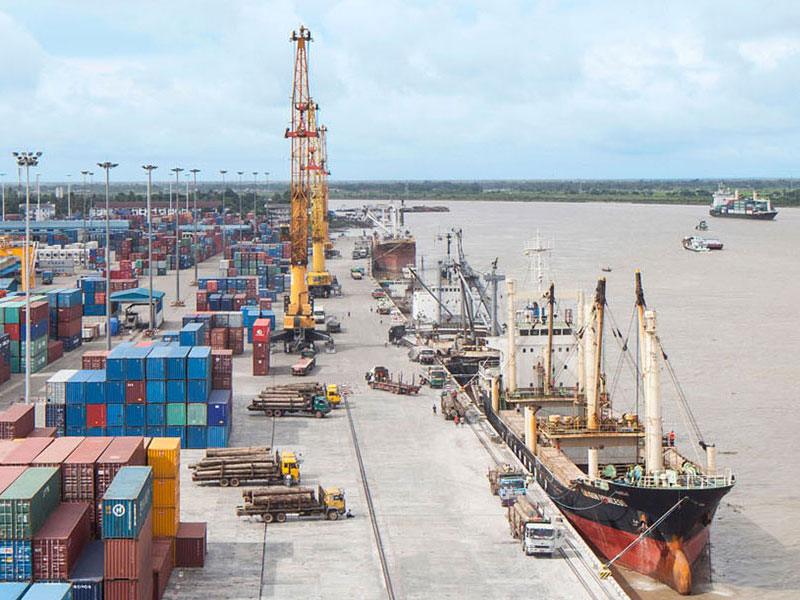-
Myanmar Sanctions Update
-
The United States Department of the Treasury has just issued a six-month general license as a ‘legal work-around’ of Myanmar sanctions to allow trade through ports and other infrastructure run by sanctioned individuals – namely Yangon’s Asia World Port run by the black-listed Steven Law. In an update last month, Access Asia was optimistic that a temporary solution to this trade hurdle would be found shortly in light of the recent election outcome and the fact that cutting off the financing of shipments going through the Asia World Terminal severely restricts trade and is not in line with US Policy.
This legal work-around, announced on Monday (December 7), is designed to prevent US banks from pulling out of Myanmar because of the risk of sanctions violation and increased compliance costs. It will allow US companies to ship goods through the main port in Yangon and US banks to resume trade finance, yet it still bars direct transactions with blacklisted individuals and entities, including Steven Law and Asia World Group.
In June 2015, several Western banks including Citigroup Inc, Bank of America, HSBC and PNC Financial cut trade finance in Myanmar after learning that the sanctioned Asia World group runs a significant part of Yangon’s main port.
As explained in our update last month, Asia World was founded by Law’s father, Lo Hsing Han, an ethnic Kokang-Chinese from Northern Shan State labeled by the United States as the “Godfather of Heroin”. Lo was arrested in Thailand on drug trafficking charges in 1973, extradited to Myanmar, and eventually granted amnesty. He was given special economic privileges by the military government for his cooperation in peace-making efforts with ethnic insurgents in Shan State. In 1992 he established Asia World Group, but gave most control to his son, Law.
By 2011, Law had turned Asia World Group into one of the country’s largest and most successful conglomerates – mostly due to lucrative privileges bestowed on the group by the military. Aside from running the Asia World Port, the company built airports, highways, hydro-electric power plants, and was a main contractor in the building of Myanmar’s capital Naypyidaw. One of its affiliates is also the sole distributor of Dagon Beer, while it also ran a successful agriculture trading business. When Access Asia looked into the group in the early stages of Myanmar’s reform process, we noted that Law’s businesses spanned practically every sector of the economy and that it would be inevitable that foreign companies would have to go through them in one way or another.
This latest move by the United States to ease sanctions will be a clear harbinger of foreign investment in Myanmar. Political developments in Myanmar are also promising as so far a smooth transition of power is taking place. Underscoring this was a reported meeting last Friday between election winner Aung San Suu Kyi and former Junta Chairman Than Shwe. According to his grandson’s Facebook page, Than Shwe has endorsed her as “the future leader of Myanmar”. This has sparked speculation that a deal is in the making to constitutionally allow the former Nobel Peace Laureatte and political prisoner of the Than Shwe regime to become President (the current constitution bars candidates whose spouse or children are foreign citizens, which bars Suu Kyi.)
While some foreign investors will continue to wait on the side-lines until the political transition settles, favourable political developments combined with the recent move by the US Treasury will give a strong boost to foreign investment.
Full details of the US Treasury’s General License can be found on their website:
http://content.govdelivery.com/accounts/USTREAS/bulletins/1298348#

